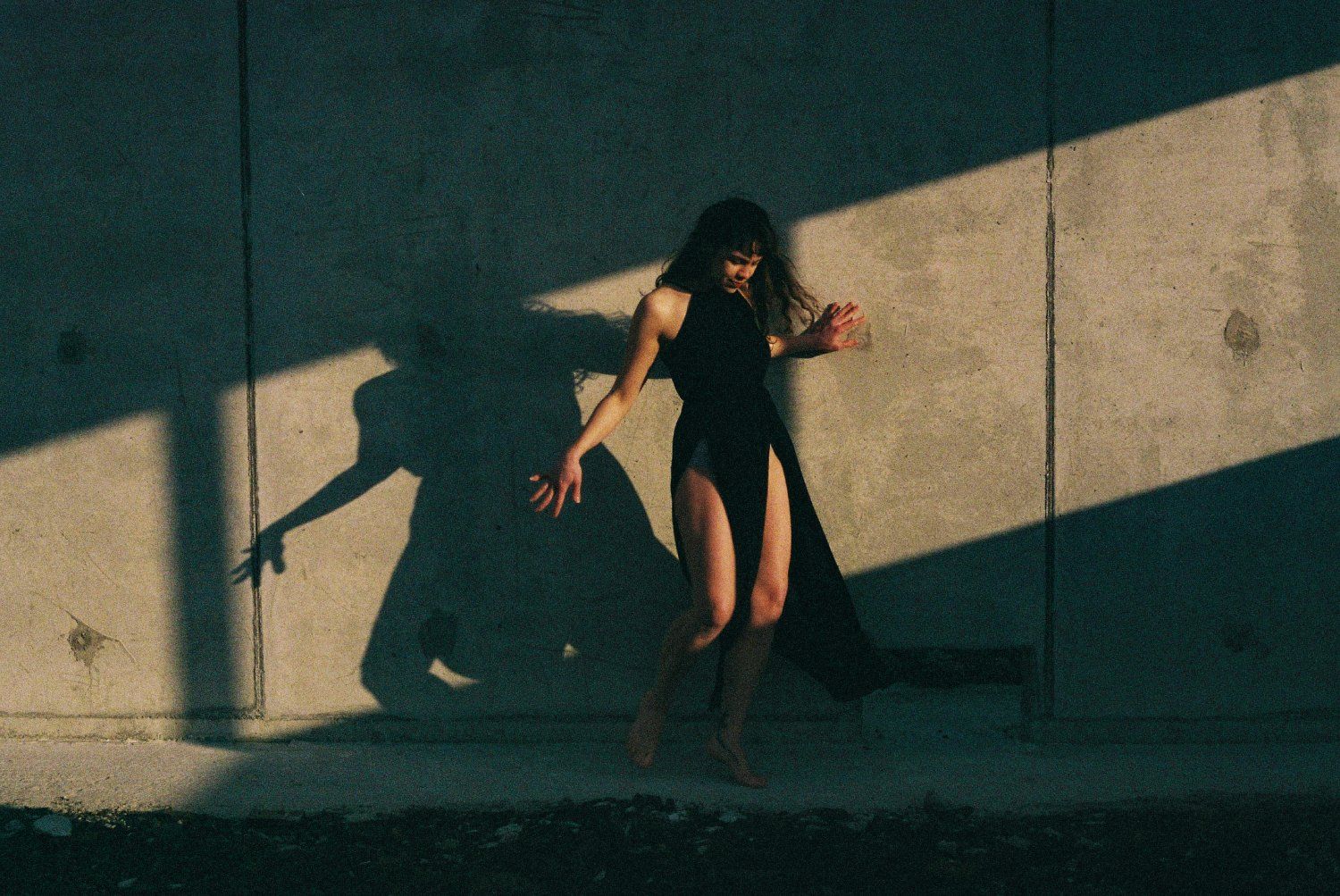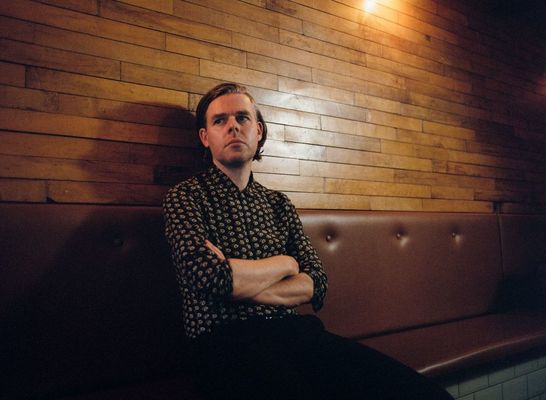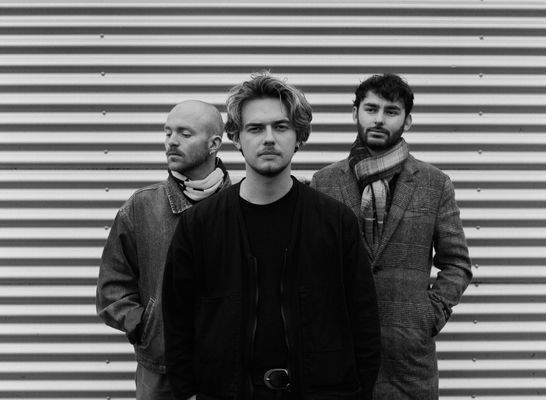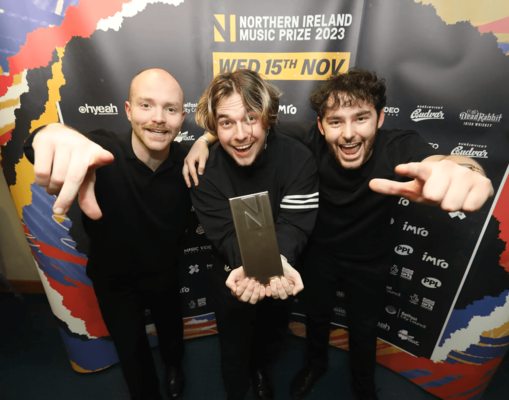SUPPORT comes for artists in the south in a major way this week as we head into the autumn release quarter of the year, whilst new plans for Irish nightlife start to take shape.
In a landmark move, it was announced that 2,000 artists and creative workers were to be the recipients of a basic-income scheme introduced by the government. Over 9,000 applicants were assessed for the weekly €325 stipend that was established as a key part of the Arts and Culture Recovery strategy, the regulations and guidelines put in place to help the cultural sector recover after the Covid-19 pandemic.
In an already unstable market, the scheme will look to provide balance and security to its beneficiaries as they navigate the changing post-pandemic landscape. With the lion's share of awardees living in County Dublin and practising music, other awardees in the visual arts, film, literature and more from across the country will also benefit. The Minister for Tourism, Culture, Arts, Gaeltacht, Sport and the Media, Catherine Martin TD, said: “The basic income for the arts pilot scheme is a once-in-a-generation initiative. It makes a strong statement about the value Ireland places on the arts and artistic practice, both for its intrinsic value and in terms of our personal and collective wellbeing, and also in terms of its importance to our identity and cultural distinctiveness on the global stage.”
The programme will run for three years to gather research on the quality and level of success gained by the artists impacted. A further ongoing data collection programme to assess the impact of a basic income style payment on artists and their creative practice will also be enacted. On the programme, Claire Dunigan, chair of the Arts and Culture Recovery Taskforce, said: “This pilot has the potential to be genuinely transformative in terms of the lives of participants and the sustainability of the sector, and should reduce the constant level of uncertainty and insecurity felt by many in the arts sector. I hope that it also gives recipients announced today an increased sense of self-worth and facilitates risk-taking and experimentation in their practice.”
The newest from Lavengro is a banger 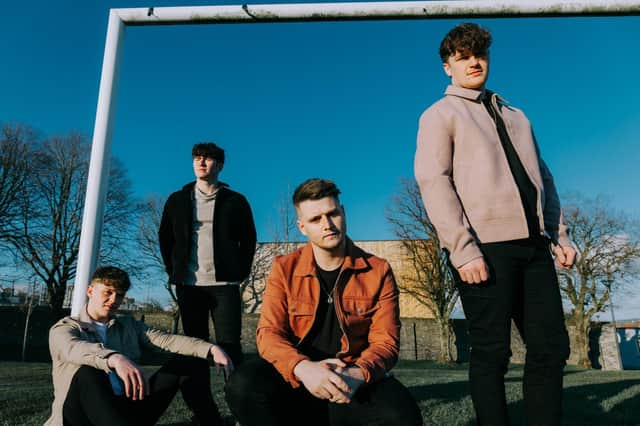
In further industry news, the Irish advocacy group Give Us The Night published their nine-point plan to improve the night-time sector and late entertainment economy throughout Ireland. We’ve covered ad nauseam in Northern Winds the draconian licensing laws and red tape independent practitioners and business owners in the creative sector have to traverse to make a living. With this new plan, submitted to both the government and the public, Give Us The Night has examined and identified the critical challenges facing venues and artists in this country – challenges, which the group have shown through independent research, that has led to the closure of 84 per cent of nightclubs in the country since 2000. Sound-proofing grants, 24-hour public transport, reduced VAT rates and more are included in the manifesto, which can be found on their website.
Speaking of venues, news broke this week of a new addition to Ireland’s nightlife circuit. ‘Racket’ is located in the basement of Dublin’s Bernard Shaw, and will be curated by festival programmers and bookers Bodytronic. At 250 capacity, it will play home to some of the country’s best underground electronic acts, whilst further plans for exhibitions, comedy and pop-up markets are also in place.
And, as always, we end this week's column with a spotlight on some of the best independent releases from Irish artists. Derry City has long punched above its weight in creative output, with the latest coming from Lavengro. The indie-pop quartet dropped the banger ‘Where Do We Go From Here?’, a contemporary meld of stellar hooks and easy-listening pop harmonies. Fresh off appearances at Independence in Cork and a new christening as ‘Future Headliners’ by our own BBC, Lavengro’s latest sees them grip the modern pop landscape by the lapels.
And we’d be remiss to not mention the debut EP of Susan O’Neill. Her collaborations with Mick Flannery have earned rightful praise and accolades. Her first full solo project, ‘Now You See It’, is a masterclass in songwriting. A gorgeous blend of Irish folk, neo-blues and understated pop, this is one of my favourite releases of the year. Standout track ‘Something Better’ plays like an ageless classic, a solo builder flanked by horns, harmonies and keys. If you do one thing this week, get a copy of this on your playlist right now.

